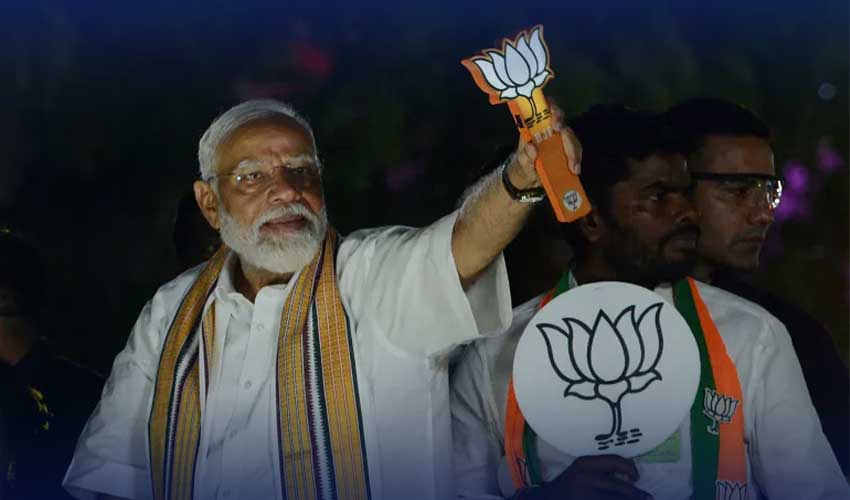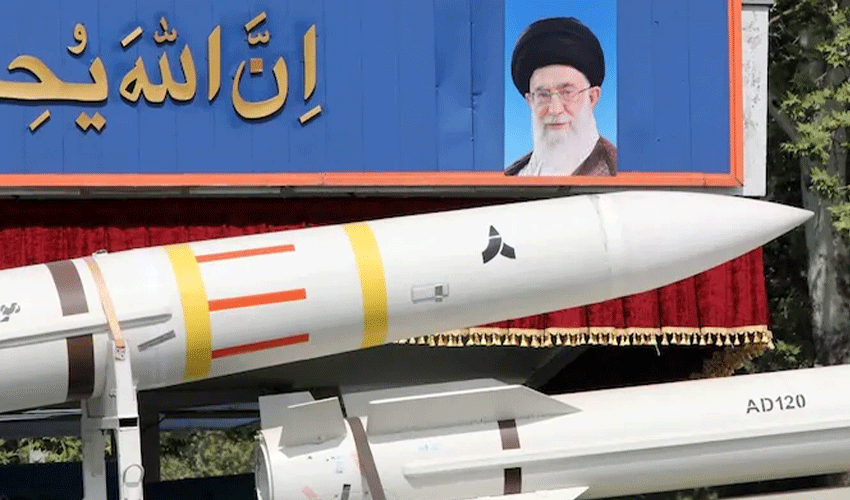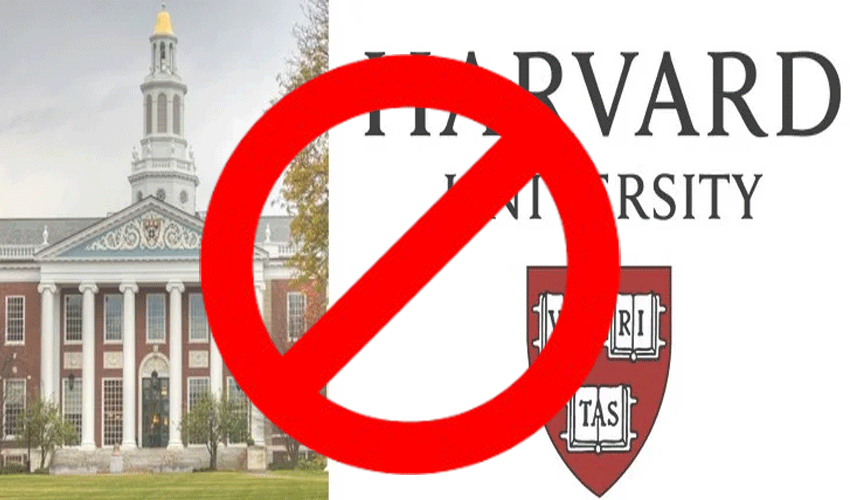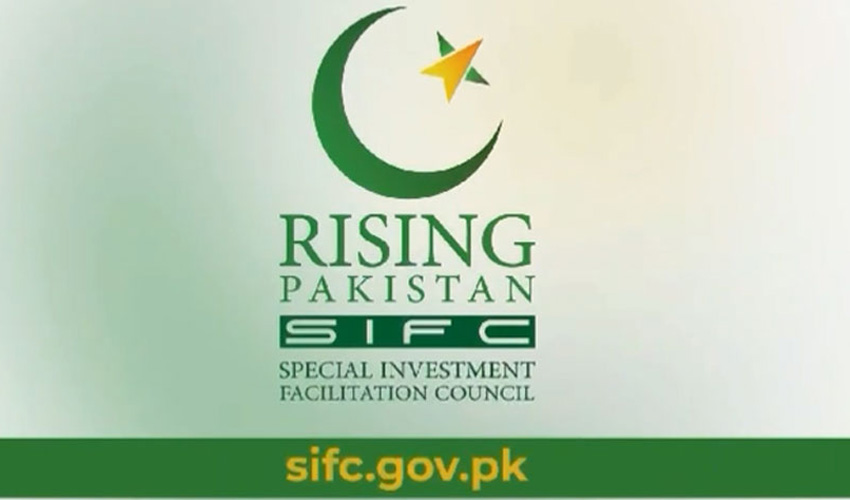The Modi govt has opted out of the upcoming elections in Kashmir, triggering widespread speculation and debate. This decision follows the government's contentious revocation of Article 370, which had granted special status to the region.
The withdrawal of the ruling Bharatiya Janata Party (BJP) from the electoral fray has raised questions about the motives behind this move. Some Indian analysts suggest that BJP's decision stems from a fear of potential defeat, adding fuel to the ongoing discourse surrounding human rights violations in Kashmir.
Local political dynamics have also been impacted by BJP's absence. Key players such as the National Conference and the People's Democratic Party have reportedly formed alliances with the Congress party, seizing upon BJP's retreat to strengthen their positions.
This marks the first time since 1996 that BJP has refrained from fielding candidates in Kashmir, a move that has drawn scrutiny from various quarters. Critics, including figures like Omar Abdullah of the National Conference, argue that BJP's decision reflects broader sentiments among Kashmiri residents.
Former Chief Minister of IOK, Mehbooba Mufti, has been vocal in her criticism of the Modi govt's claims of fostering peace in the region. Mufti contends that Kashmiris have overwhelmingly rejected what she describes as the extremist policies of the govt.
Despite assertions by some Indian analysts regarding improvements in the situation post-Article 370, Kashmiri residents maintain a different perspective. According to them, the ground reality does not align with the narrative being presented.
BJP's retreat from the electoral arena in Kashmir underscores the deep-seated divide between political rhetoric and lived experiences on the ground. As the region grapples with uncertainty, the ramifications of this decision are likely to be felt for some time.



























